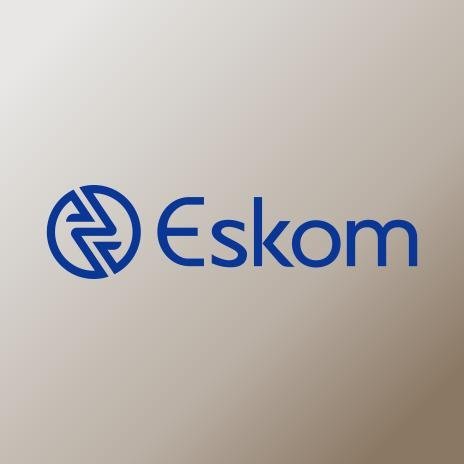Eskom can turn off the lights to recover debt, court rules
Updated | By News24
The North Gauteng High Court has dismissed an urgent application filed by AfriForum and AfriBusiness to prevent Eskom from limiting power supply to eight municipalities as a means to recover outstanding debt.

“Muncipalities ought to be held accountable”, said Fabricius.
Eskom said it would delay turning the lights off in the affected areas from today until next week Tuesday.
Among the main arguments presented by AfriForum was that there is still an outstanding matter to be heard on 22 and 23 March, relating to Eskom’s authority to cut power supply to municipalities.
The civil rights body claimed that cutting power supply as a means to get municipalities to pay off debt would have unfair consequences for ratepayers.
However, Fabricius noted that Eskom does not have an obligation to supply electricity to ratepayers. The obligation to provide basic services lies with municipalities.
Previously, Eskom acting CEO Matshela Koko said that the rising debt by municipalities was one of the contributing reasons Standard and Poor’s (S&P) downgraded the power utility's credit rating, which is now one notch above non-investment grade (junk status).
Eskom’s legal team argued that the parastatal had been trying to settle the debt issue since 2011. The parastatal also argued that it was entitled to terminate power supply according to the Electricity Regulation Act of 2006 and its written agreements with municipalities.
Koko added that AfriForum’s decision to submit the interdict was “nonsensical” and politically motivated. “They are fighting a political fight. I have a job to do … My job is to give power.”
Marcus Pawson, head of local government at AfriForum, previously said that the electricity cut does not solve Eskom’s debt collection issue. “Eskom does not get the money back.”
Instead the parastatal should meet with Treasury to find a means to deal with efficiencies for municipalities to comply with their obligations, he said.
The eight municipalities are Thembelihle (Northern Cape), Moqhaka (Free State), Mailonyana (Free State), Nkentoana (Free State), Mantsopa (Free State), Tokologo (Free State), Nala (Free State) and Dihlabeng (Free State).
Show's Stories
-
Battle of the biryanis: Indian biryani vs South African biryani
Who do you think would win this battle of the biryanis?
Vic Naidoo 16 hours ago -
Would you quit your job live on social media?
A viral trend shows people quitting their jobs in live videos.
Vic Naidoo 16 hours ago